
5 Best Retirement Places for Single Seniors
As we think about retirement, it’s important to remember that many people navigate this stage of life as singles. In 1970,

As we think about retirement, it’s important to remember that many people navigate this stage of life as singles. In 1970,
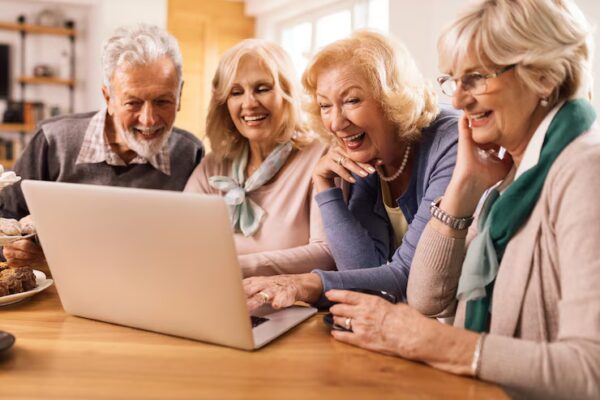
When people think about retirement, the image that often comes to mind is a quiet life, maybe a little gardening, traveling,
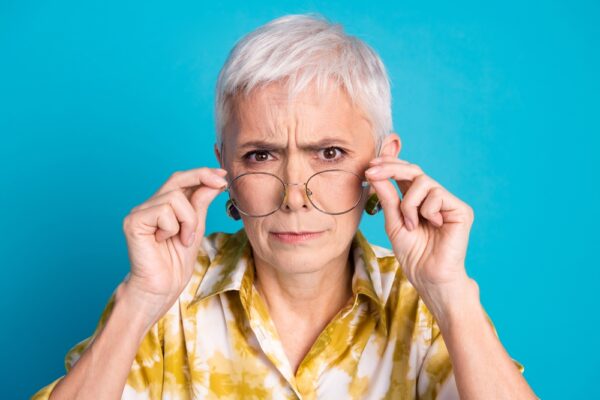
These costly retirement mistakes could ruin your golden years! The good news? You can fix them NOW! Whether you’re already retired

Downsizing your home in retirement? Keep in mind these useful things! Many people believe that downsizing will help them pay for

When we think about retirement, it often brings to mind a lovely picture of relaxation and joyful living. However, for retirees
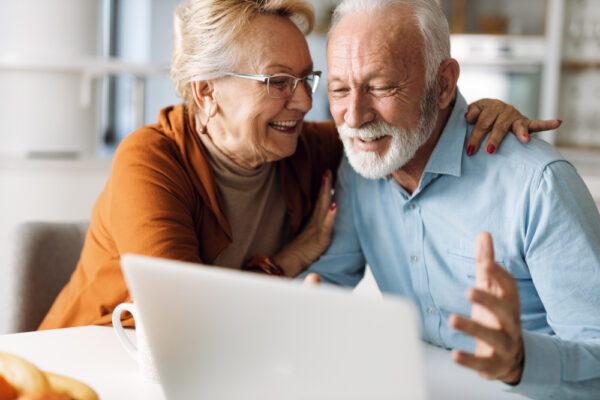
Looking for Empowering Ways to Stay Curious, Connected & Growing? It doesn’t mean we have to stop learning just because we’ve
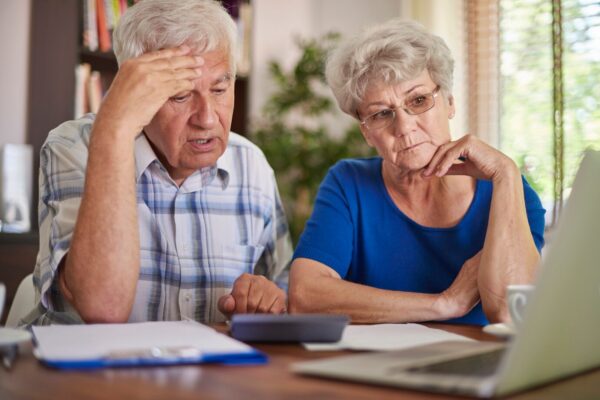
As retirement approaches, many seniors look forward to enjoying their golden years without worrying too much. However, even in retirement, managing

For years, many believed that 65 or older was the ideal age to retire. Yet, the new wave of retirees, including
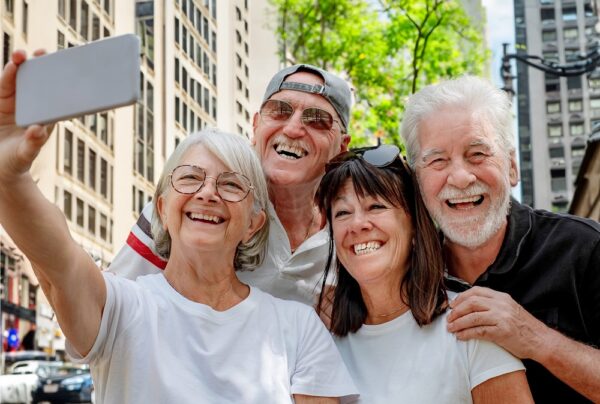
Would you like to go back to work? Retirement should feel like freedom. Like a newfound opportunity to pursue your passions.